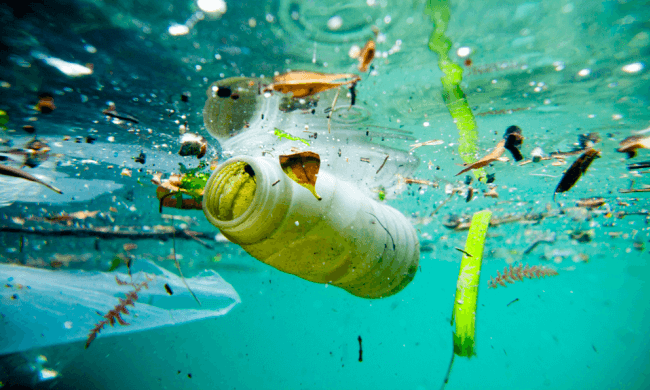
[ad_1]

A global analysis recently published by the Pew Charitable Trusts titled ‘Breaking the Plastic Wave’, is a one-of-its-kind comprehensive assessment that covers ways to end ocean plastic pollution.
It states that the whole world needs to implement immediate drastic measures to prohibit plastic from entering oceans by 2050. This allows us only about 29 years to save oceans.
The ‘Breaking the Plastic Wave’ report is a unique global analysis that has deployed first-of-its-kind modelling in research. It reveals that we can cut annual plastic flow into the ocean by almost 80% in 20 years by applying technologies and solutions that already exist.
There is not a single solution that can achieve the goal. The best way forward is to take ambitious, immediate, and concerted actions. Existing regulations focus on specific areas, including disposing or recycling. However, the study indicates that efforts are needed to eliminate plastic use.

Representation Image – Credits: unep.org
The study adds that to prevent plastic from entering our oceans nations need to minimize its use. They can start doing so by finding a substitute for plastic, enhance recycling practices, expand the plastic waste collection, and actively take part in preventing plastic leakage from any disposable facility.
If these are followed consistently, the study says that collectively we may be able to reduce almost 80% of the annual plastic flow into the ocean by 2040. It is a fact that technologies exist to address the issue. However, most nations are still lacking policies, infrastructure, and processes and, of course, financing to deploy the same.
The idea is to envisage a shift in investment away from plastic production. Instead, the aim should be towards augmenting reuse methodologies, refill systems, sustainable substitute materials, recycling facilities, collection infrastructure, and newer and faster delivery methods.
To break the plastic wave, every nation needs to do its part. For instance, low- and middle-income nations must focus on collecting plastic wastes, maximizing substitution and promoting the reduction of plastic use. They must also focus on reducing leakage, especially at waste sites and sorting and recycling infrastructure. High-income countries can incentivize minimal usage of plastic, boost plastic recycling rates, plastic waste end-export, and address issues related to microplastic leakage.
Reference: designboom.com
We Have 29 Years To Save The Oceans – New Analysis On Ocean Plastic Pollution appeared first on Marine Insight – The Maritime Industry Guide
[ad_2]
This article has been posted as is from Source